Military Diplomacy - The PLASSF's two departments also enable the execution of the PLA's now ubiquitous "Three Warfares"—the PRC's model of warfare that advocates the synchronization of psychological warfare, public opinion warfare, and legal warfare to gain an advantage over the enemy.[15]
PRC Psychological Warfare "seeks to impair the enemy's ability to conduct combat operations" by deterring, terrifying, demoralizing, or inducing specific behaviors in enemy military personnel and supporting target audiences. Public opinion warfare seeks to shape domestic and international public perceptions of the PRC's military actions and prevent its adversaries from acting contrary to Beijing's interests.
Military Diplomacy
 Source: www.eastasiaforum.org
Source: www.eastasiaforum.org
Legal warfare uses international and domestic law to assert legal superiority and support the PRC's operations, activities, and interests, build international consensus, and restrict the freedom of movement of non-Chinese in many domains.[16] The post-cold war era presents security challenges that are at one level a continuation of the cold war era;
Navigating Tensions
on another level, this phenomenon is manifested in a new form. Whether it is economic and trade issues, technology transfer, intervention challenges, or humanitarian crises, the countries of the South (previously labeled "Third World" or "developing countries") continue to address these challenges within their framework.
abilities and concerns. The volume explores defense diplomacy, national security challenges and strategies, the dynamics of diplomatic maneuvering and strategic resource management of Latin American, African and south Asian countries. Which leads to the most important question: How comfortable is President Obama with military force?
In the opinion of those observers, the answer is "not very" - a thought expressed in a new memoir by former Secretary of Defense Bob Gates. "The basic problem in Afghanistan is that the political and philosophical choice to wind down the role of the US is contrary to its own public pro-war rhetoric (especially during the 2008 campaign), the recommendations of the senior civilian and military advisers in the Department of State and Defense, and the reality on the ground
,” Gates wrote. The PLA's approach to information warfare suffers from several major weaknesses: bureaucratic infighting, complex approval processes, centralized decision-making, and an overconfidence in its own data-sensing capabilities. Together, these factors are a recipe for strategic miscalculation or disaster.
Studies Military And Diplomatic
The continued refinement and development of the PLASSF underscores the PLA's focus and priorities in the space, cyber, and information domains, but Beijing's increased faith in the efficacy of its data and collection systems makes it vulnerable to fraudulent and disruptive activities.
The PLA's secret gathering mechanism, using deception to direct the misallocation of resources, conducting influence activities to expose contradictions in Beijing's information operations and or causing PLA infighting, and disrupting the PLA's command and control are ways that the US, its allies, and partners can
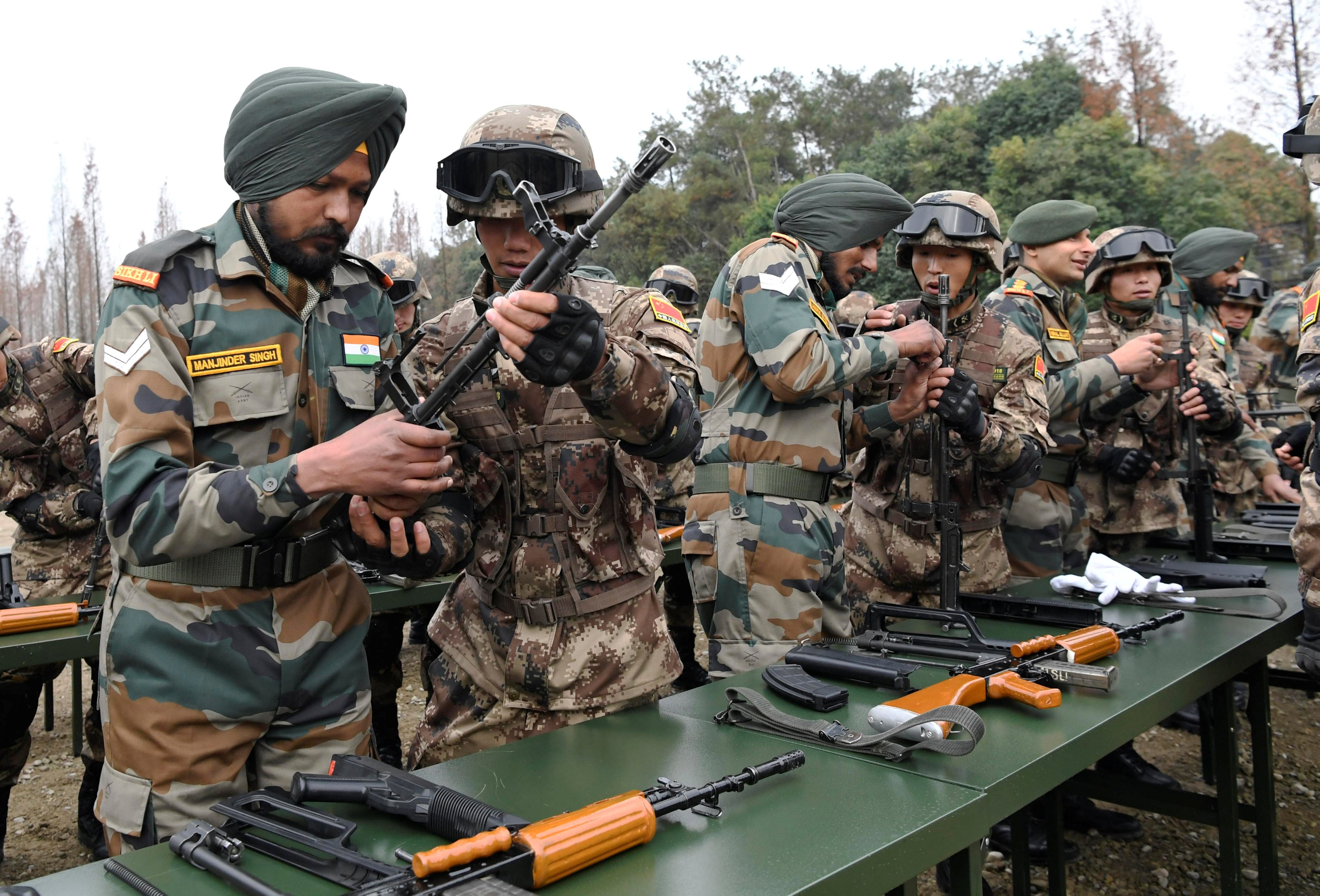
exploitation. weakness in the PLA's information warfare apparatus. "It will be a disappointment to Modi, but it's nothing he can't manage," Markey said. "It will not be India's fault, because it is primarily a reflection of fundamental differences that Modi cannot control."
Foreign ministers from the world's largest economy met in New Delhi on Thursday in what appeared to be a major test for India's diplomacy, which ultimately failed to reach a consensus over Russia's invasion of Ukraine.
A Long-Term Plan For Shoring Up American Security
"I believe our leadership and security cannot depend on an extraordinary military," the president said. "In a world of complex threats, our security, our leadership depends on all elements of our power, including strong and principled diplomacy."
Regarding PLA military diplomacy, there are several constraints and opportunities for exploitation. Military diplomacy entails opportunity costs, both in terms of personnel time and monetary costs.[37] The PLA also concentrated its military diplomacy in Asia, with a lesser but increasing emphasis on the "global south."
PLA culture tends to prioritize "form over substance" and this manifests itself in terms of both the rigidity of personal interaction with partner forces and talking points, as well as the fairly unmodifiable engagement schedule. All these factors make it difficult to "build strong personal or institutional relationships with foreign partners."
[38] US involvement - whether through US embassy diplomats, military attachés, or special operations forces assigned to build partner capacity, can take advantage of the PLA's lower mobility, higher opportunity costs, and poor interpersonal tactics by doubling down
The China Factor
areas of strategic importance and take every opportunity to build personal relationships and provide superior training or education. India has "worked very hard not to square to one side or the other," Markey said. The country cannot "alienate Russia or the U.S. and Modi does not want war talks to force difficult decisions or interfere with other issues, such as green and sustainable economic development," he said.
To combat this, the United States must have a coordinated long-term development approach. In particular it should be done where critical infrastructure and investments can help build and maintain current and future partners in Africa and Latin America, some of which are targets of China's economic investment or military cooperation.
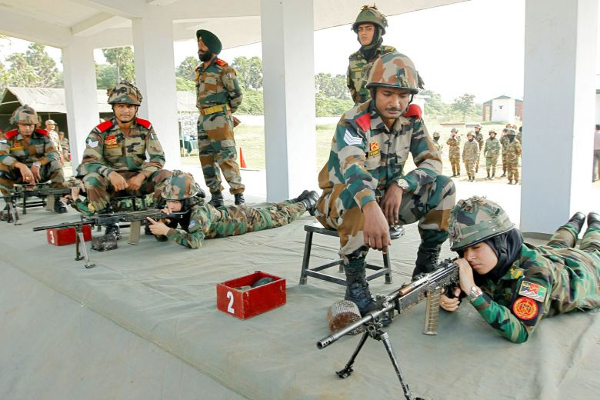 Source: dharmakshethra.com
Source: dharmakshethra.com
Countries in Latin America and Africa are important to the security of the US and Europe. Unless the United States provides a level of presence, military partnership, and long-term dedication to economic development, regional countries have few options for assistance — making China a convenient and standard partner.
MAJ Patrick Cunningham is a US Army Psychological Operations officer who is actively pursuing a Master of Science degree at the Naval Postgraduate School. He maintains a wide range of operational experience in multiple domains across multiple AORs.
India’s Balancing Act
"Today's era should not be war," he said, prompting media and officials in India to claim that India has played a key role in bridging the gap between an isolated Russia and the United States and its allies.
[21] A. A. Bastian, “China Stepping Up Information War on Taiwan,” Foreign Policy, https://foreignpolicy.com/2022/08/02/china-pelosi-taiwan-information/; "China's Application of the 'Three Wars' in the South China Sea and Xinjiang," Orbis 63, no. 2 (2019): 199–207, https://doi.org/10.1016/j.orbis.2019.02.007. India, analysts say, prides itself on its ability to balance relations.
The country, like China, refused to condemn Moscow's brutal attack on Ukraine in various UN resolutions. Instead of cutting economic ties with the Kremlin, India has undermined Western sanctions by increasing its purchases of Russian oil, coal and fertilizers.
"We will draw attention to the destructive barriers that the West has set up exponentially to block the export of goods that are very important to the global economy, including energy resources and agricultural products," Russia said, indicating the difficulties that New Delhi could face.
Additional Applications
during the meeting. Taken together, PLA information warfare and military diplomacy are mutually reinforcing and symbiotic activities. Messaging efforts through legal, psychological, and public opinion means highlighting China's historic and inescapable dominance, the unwavering dedication of the CCP and the PLA, and their respective benefits to US PLA military diplomacy often reinforce these narratives through actions and physical engagement,
with many talking. senior level engagement points aimed at matching scripted words with actions.[36] However, despite Beijing's growing efforts to modernize its information warfare and military diplomacy capabilities, it lacks weaknesses, constraints, and areas to exploit.
 Source: httpsahelelite.files.wordpress.com
Source: httpsahelelite.files.wordpress.com
"I believe that other world leaders also want to play a diplomatic role that makes peace. So when and if Putin wants to come to the table for negotiations, he will not lack diplomats who hope to help," he said.
Social media cookies are set by some of the social media services we have added to the site so you can share content with your friends and network. They can track your browser on other sites and create a profile of your interests.
The Benefits Of Military Diplomacy
This may affect the content and messages you see on other websites you visit. If you do not allow these cookies, you may not be able to use or view these sharing tools. As a result, "military diplomacy," also called "defense diplomacy," "soft power," "military public diplomacy," and "strategic communication," allows the military to directly influence foreign policy through other means.
Although not diplomacy in the traditional sense of the mission of the Ministry of Foreign Affairs, military relations between countries build a foundation on which further connections between nations are developed. While Modi's government appears keen to prioritize domestic challenges, experts say the issue could be downplayed by tensions between the US, Russia and China, which is fueled by growing concern from Washington that Beijing is considering sending lethal aid to the Kremlin's struggling war effort.
Jeffrey cited the examples of Presidents Richard Nixon and Henry Kissinger. "I see them doing revolutionary diplomatic initiatives, but they're kicking ass and using military force as an integral part of diplomacy," Jeffrey said. "That's why he succeeded in diplomacy, and I don't see the difference between the negotiation agreement and the threat force, and if necessary send the threat."
Targeting cookies may be set through our site by our advertising partners. they can be used by these companies to create a profile of your interests and show relevant advertising on other sites. They do not store personal information directly, but based on the unique identification of browsers and internet devices.
Access Check
If you do not allow these cookies, you will experience less targeted advertising. A cookie is a small piece of data (text file) that a website - when opened by a user - asks your browser to save on your device in order to remember information about you, such as language preferences or login information.
These cookies are set by us and are called first-party cookies. We also use third-party cookies - ie cookies from a domain different from the domain of the website you are visiting - for our advertising and marketing efforts.
 Source: magarticles.magzter.com
Source: magarticles.magzter.com
More specifically, we use cookies and other tracking technologies for the following purposes: The new agreement on Iran's nuclear program and Syria's chemical weapons result directly from the threat of US military power, said Jeffrey, and "a decade of building credibility that when we act, we act credibly
and efficient and we don't just wander.” The appearance of the PLASSF in 2015 of the various units and capabilities of the PLA siled signaled the philosophical evolution of the methodology of targeting based on effects, because the core strategy behind the employment of the PLASSF is to "paralyze the enemy's operational systems," sabotage. adversarial mission command during the phase
beginning of the conflict, and shaping public opinion before, during, and after the conflict occurred. expanded power” and “[protecting] China’s interests in the strategic frontier of space. , cyberspace, and distant seas.”[11] Through these reforms, PLASSF became the PRC's channel for joint information warfare and the PLA's means of defeating its militarily superior adversaries.[12]
Download Military and Diplomatic Studies complete book in PDF, epub, and Kindle. Read Military and Diplomatic Studies ebooks online for free anywhere anytime right on your device. Fast Download Speed and no annoying ads. We cannot guarantee that every ebook is available!
In summary, military diplomacy can be an effective tool for countries to achieve their geopolitical interests by increasing security, building trust and cooperation with other countries, resolving conflicts, providing humanitarian aid, and establishing strategic partnerships. However, it must be used wisely and in accordance with international laws and norms.
Since the military knows better than anyone about the true costs of war, the US military has a vested interest in building capabilities and partnerships to maintain world peace and stability. Although the line between military or diplomatic missions in doctrine can be blurred, it is in the interest of the State Department and the military to use any opportunity to advance the policy and security of the United States.
Military, known as hardware, can also be used as software. Members of the military serving overseas in any capacity have often been on the front lines of American diplomacy, moving their mission beyond traditional warfare to an additional role in support of the United States' National Security Strategy, with great success.
Although the PLA has undergone various modernization and reform efforts since its inception and especially since the 1970s, perhaps some of the most dramatic reforms to its organizational structure, warfare, and culture occurred in 2015, when the PLA established the Strategic Support Force (PLASSF).
 Source: ecsmedia.pl
Source: ecsmedia.pl
).[4] Combining space, cyber, electronic warfare (EW), and psychological operations (PSYOP) forces from all PLA services and the former General Department, PLASSF was established as the PLA's primary arm for information warfare operations.[5] Although the PLA announced its evolving information warfare concept in a series of articles in the Liberation Army Daily by "Senior Colonels" Wang Baocun and Li Fei in June 1995, the prevailing mentality was that the force would shrink due to advanced technology rather than reorganize to maximize it.
information warfare capabilities.[6] "Now we're moving into an era where [Obama] is trying to use diplomacy as much as possible because actually he's got some partners — even Russia is starting to see a diplomatic answer," said Thomas Pickering, a former ambassador.
to the United Nations. "Not every conflict is Iraq, but the fact is that the war of choice often has various complications that you want to be careful and think that military efforts are the perfect answer, Hollywood movies, walking into the sun. It is not always the answer."
Block Reference: #3fc672de-ba00-11ed-9b9d-536179556467 VID: # Previous IP: 170.64.142.1 Date and time: Fri, 03 Mar 2023 20:16:15 GMT Javascript disabled Perhaps the most celebrated event in India this year, The G20 summit has been heavily promoted domestically, with many billboards featuring Modi's face across the country. Roads have been cleaned and buildings freshly painted ahead of the officials' visit. In addition to bolstering US influence abroad in the face of China's increasingly global military,
Another benefit of military diplomacy and development aid in unstable regions is the ability to stem the flow of migrants. Migrant routes to, in particular, Europe from Africa and to North America from Latin America are hampered by a lack of security, political stability, and economic opportunities in parts of the country.
part of developing countries, and this increases costs and security risks for Europe. countries, the United States, and our other allies. Considered as one of the greatest achievements of our government, the European Recovery Plan after World War II, which became the Marshall Plan, became the center of European recovery and helped rebuild the war-torn European continent and build a stable foundation.
future allies can grow economically and structurally. Far from being a singular effort to prevent famine and chaos, the plan - and the billions in aid that accompanied it - "were central to Harry Truman's efforts to contain communism abroad," as Paul Light wrote in 2002. The events of World War II, combined with the effects
after and execution of the Marshall Plan, launching the United States into the sole superpower. The democratic government established between them, the leadership of the US military during the reconstruction provided security, as well as a platform for the social and economic development of Germany and Japan in particular.
The fact that China is increasingly involved in regions like Africa and Latin America - giving Beijing influence there - is another reason for the United States to take a more active approach and reduce its vulnerability.
China has learned from our greatest strategic achievement, the Marshall Plan, and has formulated a long-term strategy to, among other things, undermine US influence. We need a coordinated, long-term plan of military diplomacy and economic support in response.
diplomacy and military force, diplomatic informational military economic, defense support to public diplomacy, pdf military, dime diplomacy information military economic, china diplomatic relations, examples of diplomacy in history, military diplomat

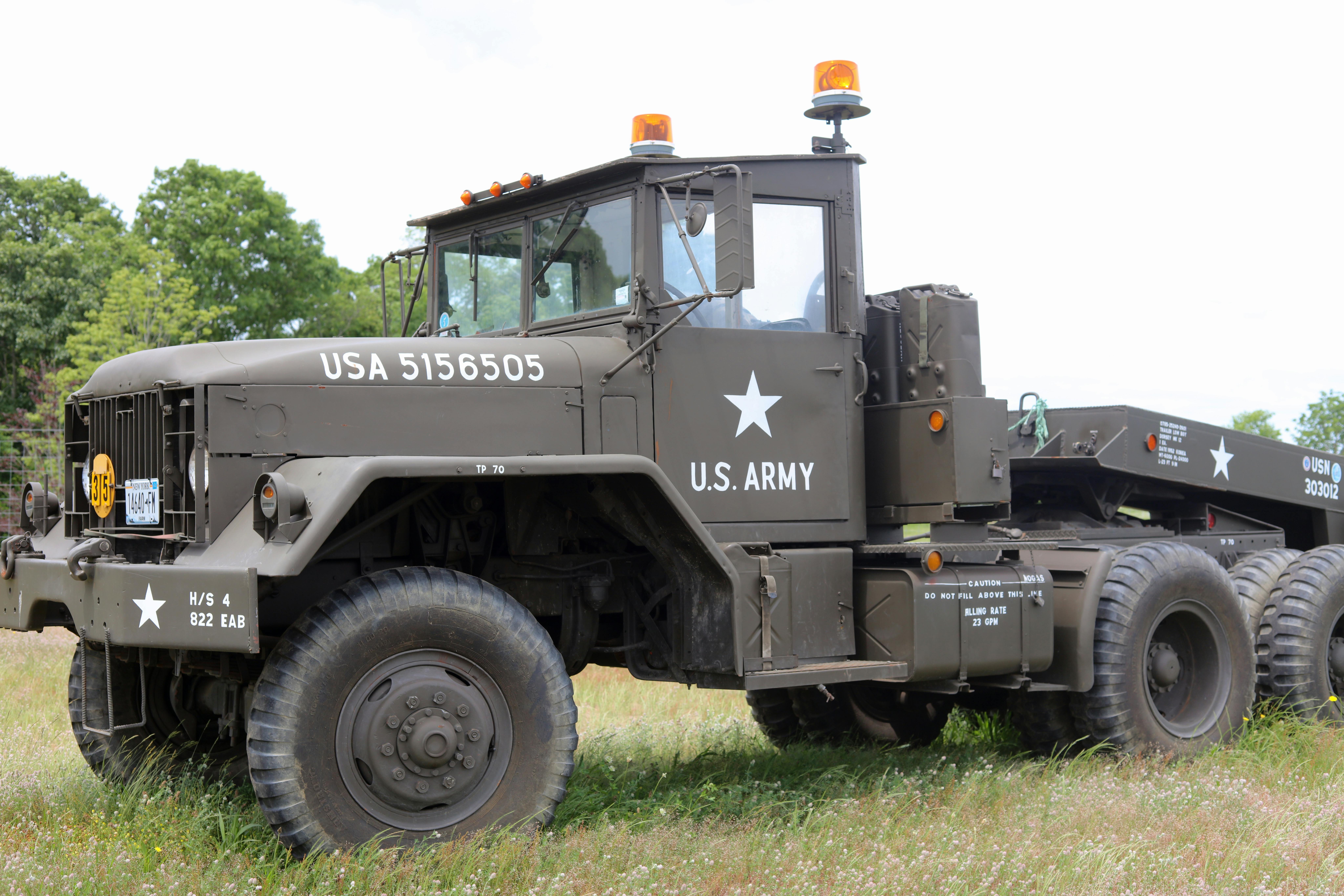 Source: images.pexels.com
Source: images.pexels.com Source: cdn1.mecum.com
Source: cdn1.mecum.com Source: upload.wikimedia.org
Source: upload.wikimedia.org Source: cdn.shopify.com
Source: cdn.shopify.com Source: c8.alamy.com
Source: c8.alamy.com
 Source: preview.redd.it
Source: preview.redd.it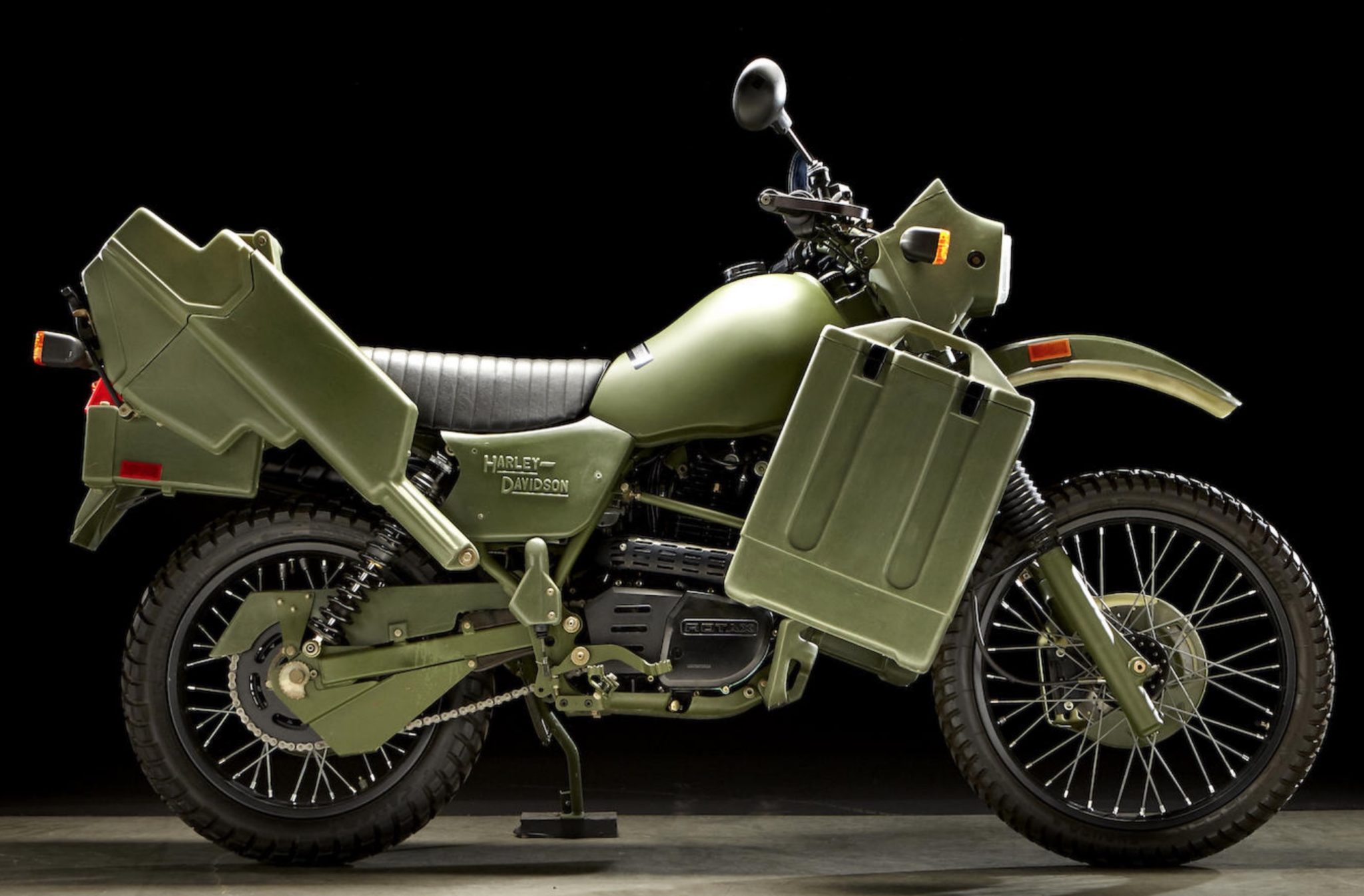 Source: silodrome.com
Source: silodrome.com Source: assets.newatlas.com
Source: assets.newatlas.com Source: www.motorcyclespecs.co.za
Source: www.motorcyclespecs.co.za
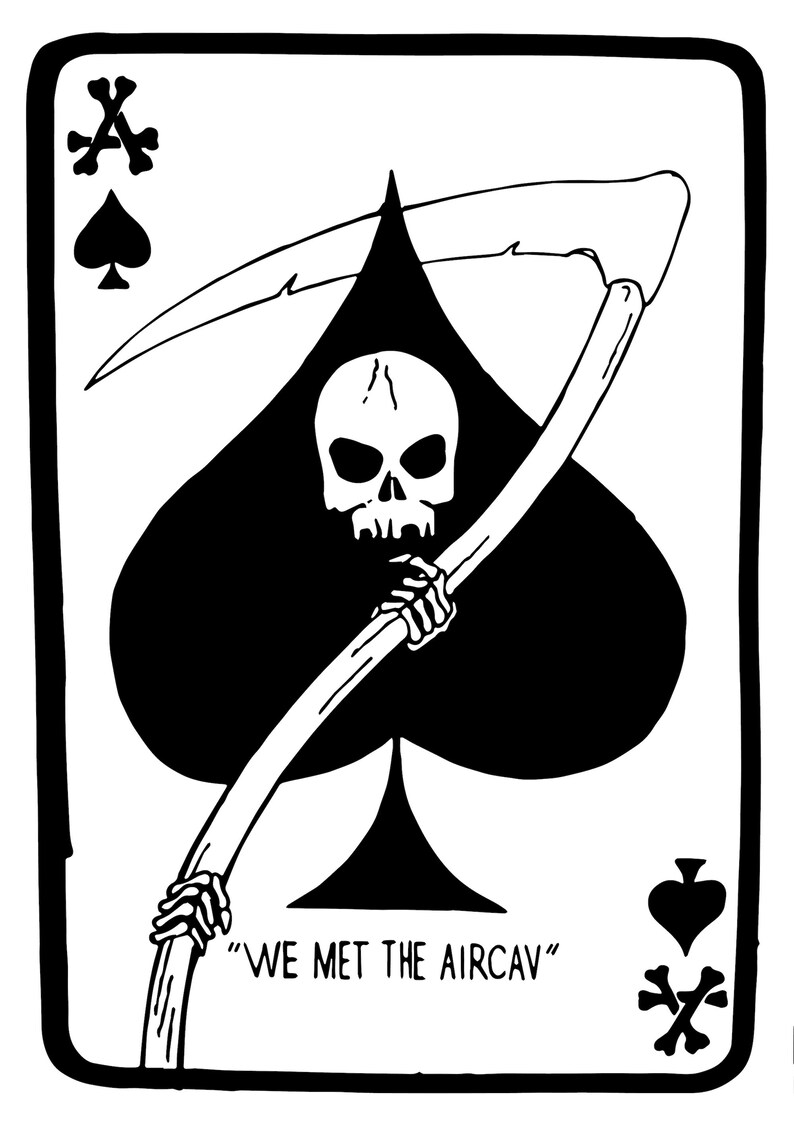 Source: i.etsystatic.com
Source: i.etsystatic.com Source: i.ebayimg.com
Source: i.ebayimg.com Source: cdn.shoplightspeed.com
Source: cdn.shoplightspeed.com Source: i.etsystatic.com
Source: i.etsystatic.com Source: m.media-amazon.com
Source: m.media-amazon.com
 Source: philadelphiacoupongroup.files.wordpress.com
Source: philadelphiacoupongroup.files.wordpress.com Source: s3.amazonaws.com
Source: s3.amazonaws.com Source: preview.redd.it
Source: preview.redd.it Source: destincommons.com
Source: destincommons.com Source: bloximages.newyork1.vip.townnews.com
Source: bloximages.newyork1.vip.townnews.com
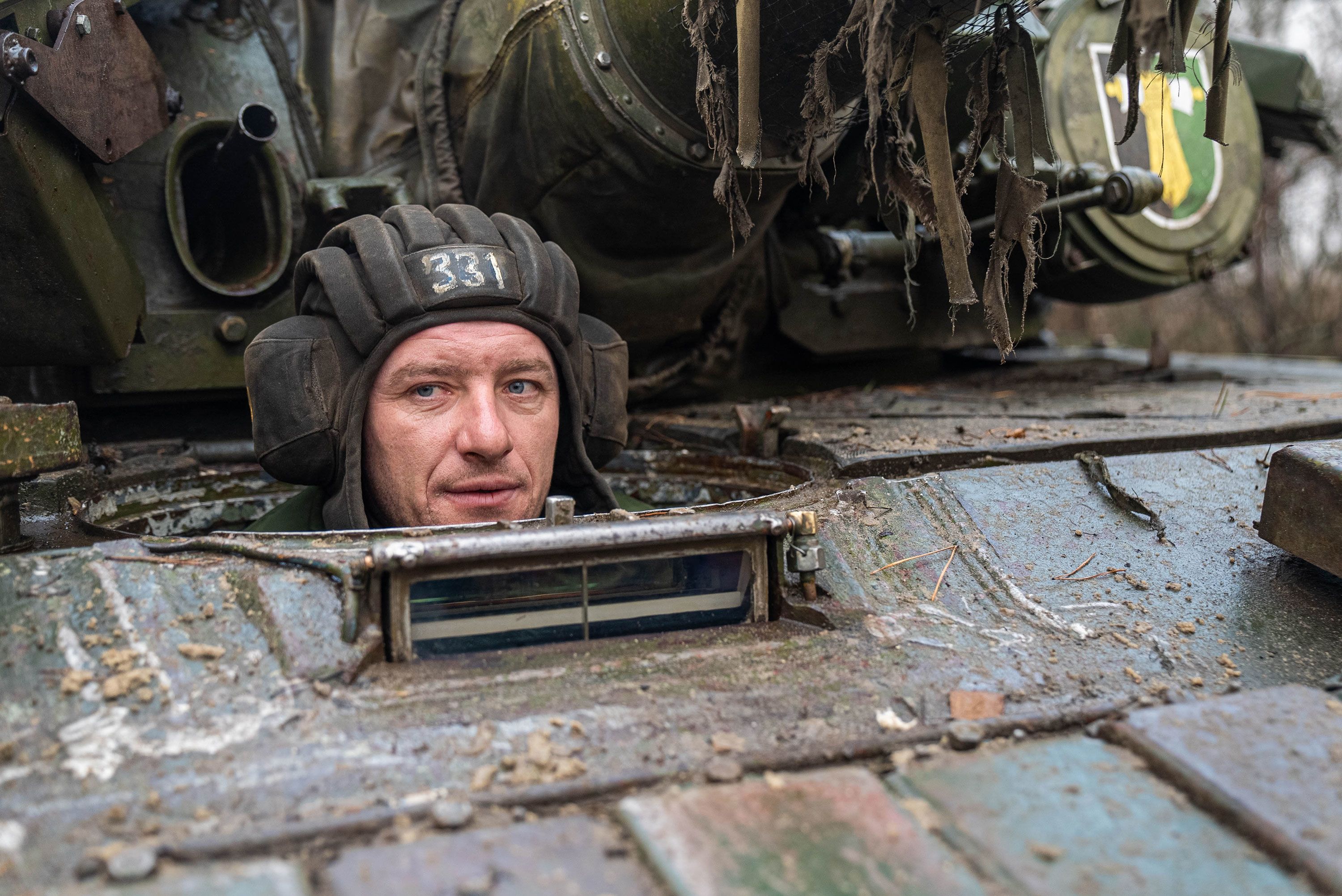 Source: media.cnn.com
Source: media.cnn.com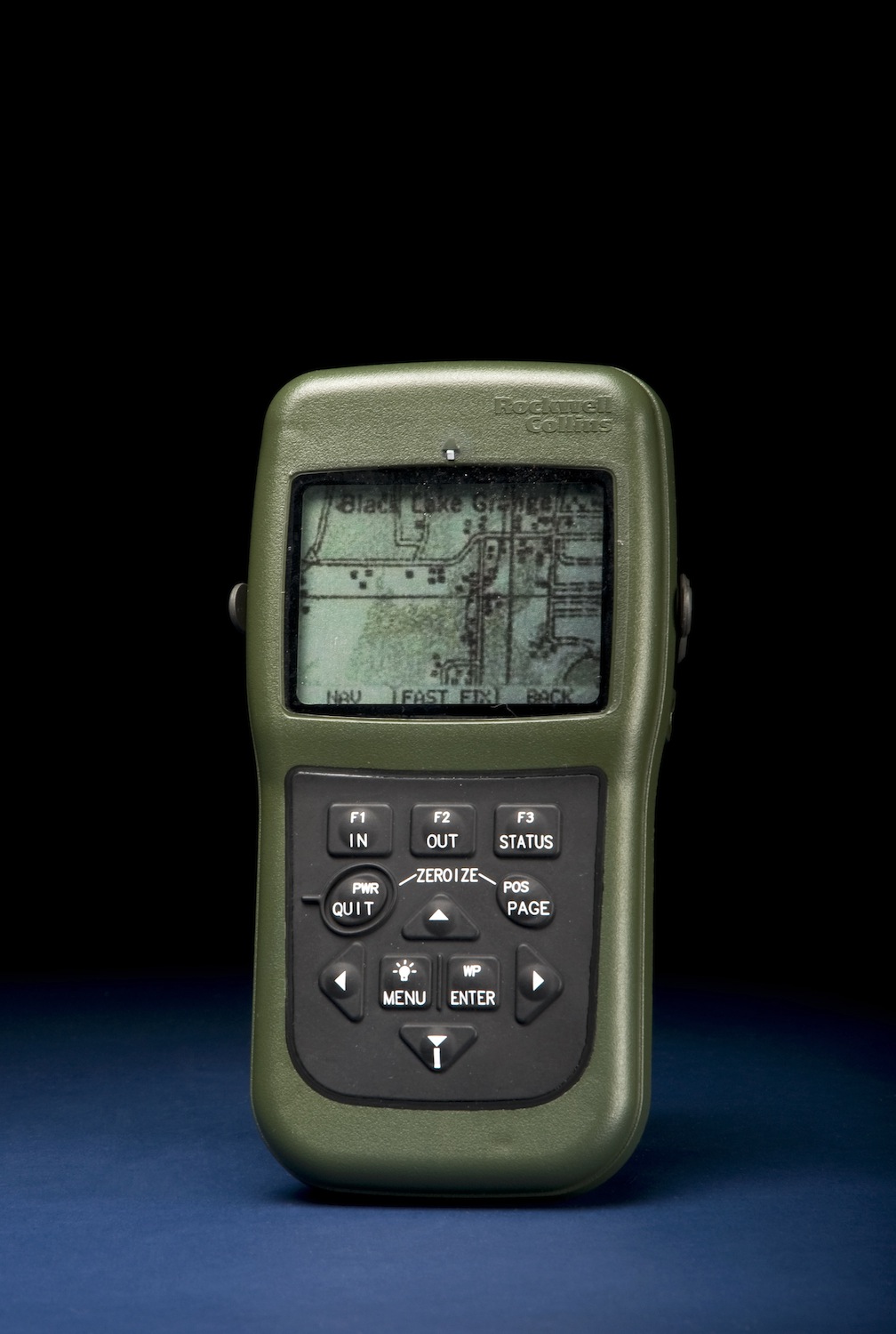 Source: timeandnavigation.si.edu
Source: timeandnavigation.si.edu Source: thumbs.dreamstime.com
Source: thumbs.dreamstime.com Source: image.invaluable.com
Source: image.invaluable.com Source: nypost.com
Source: nypost.com